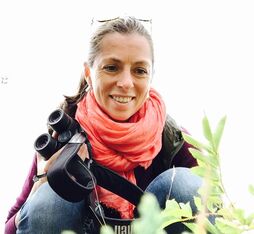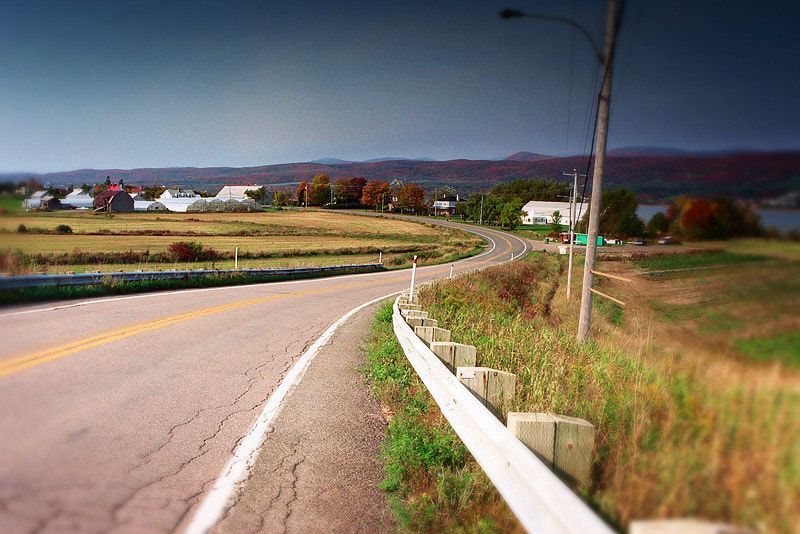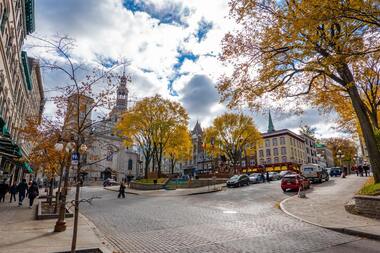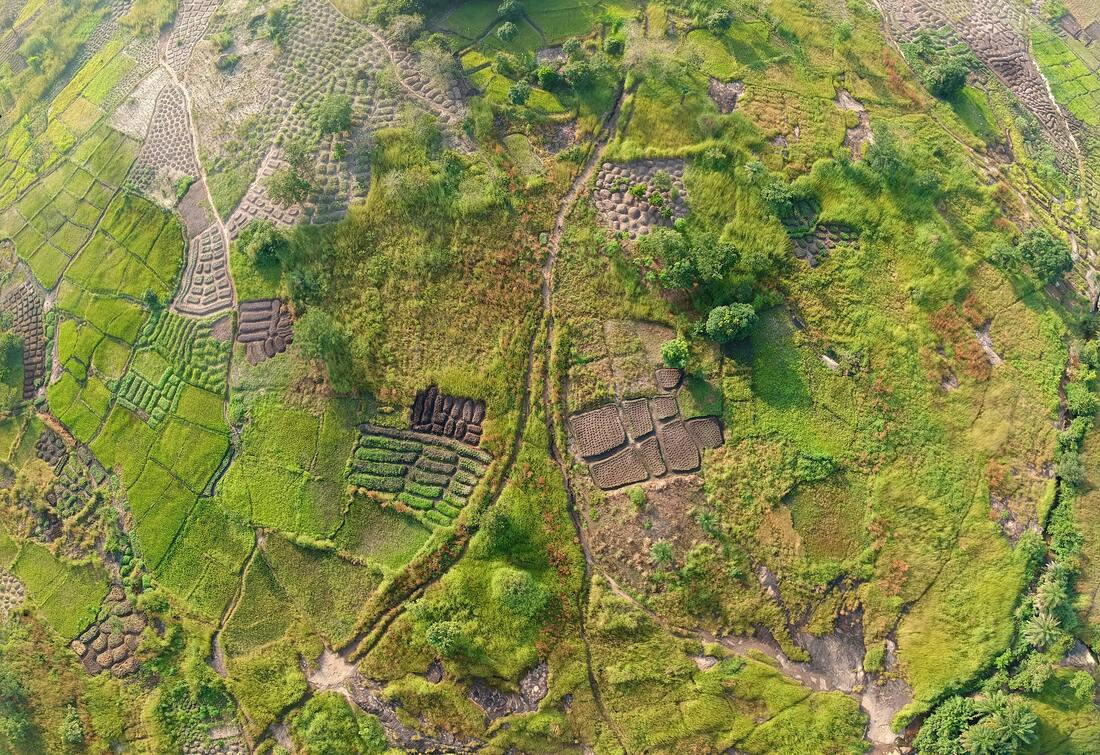Committed to solutions-oriented research for social and ecological sustainability.

Eco2Urb - Research & Development Lead
Since 2020, I lead the Research and Development team at Eco2Urb - an environmental consulting firm dedicated to working with cities, citizen groups and government agencies to identify nature-based solutions to address growing environmental challenges using the latest scientific advances. Key areas of researcher and action include connectivity science, urban forest diversity, forest vulnerability, ecosystem service assessment and conservation prioritization. |
Contact Information:
[email protected] |
About me.
Trained as a landscape ecologist and geographer, my work focuses on understanding and managing complex socio-ecological landscapes and seeking land management solutions to benefit people and nature. I blend field-based and modelling-based approaches with qualitative tools to inform land management decisions for biodiversity and sustainability.
Current Projects
Current Projects
- Science-based Pathways for Biodiversity in Canada
- Untangling interactions between landscape structure and food security in Africa
- Understanding interactions of landscape context and agricultural management on biodiversity
Some Recent Projects
|
Improving resilience of the urban canopy to climate change
Cities are home to an increasing number of people who depend on urban forests to provide ecosystem services such as temperature regulation, air quality improvement and storm water abatement. Climate change may challenge the capacity of urban forests to provide these services. Intensification of heat waves, droughts and strengthening storms could lead to tree die-offs. In Quebec City, work has suggested that the urban canopy is vulnerable to future projected climates, i.e. hotter and drier summers. Compounding this threat, the exotic emerald ash borer is expected to kill 11 % of municipal trees over the next decade. Together these pressures could lead to a significant loss of canopy cover and ecosystem service provisioning in the near-term. We tested whether replanting strategies for lost ash, which shift the forest community towards a more climate-tolerant canopy using a functional trait-based approach, can help to mitigate or improve ecosystem service provisioning in the near-term. Read more here. |

Photo credit: James Jordan, flikr
|
Valuing the natural capital of the Metropolitan Community of Quebec
Using an ecosystem service approach we quantify the benefits that the natural and semi-natural ecosystems within the Metropolitan community of Quebec and surrounding municipalities provides to people. Through the application of process-based models and approaches from ecological economics we estimate that these ecosystems provide of $1.1 billion a year in goods and services from carbon sequestration, timber and agricultural production, erosion and pest control, nutrient cycling, air quality improvement, aesthetic values and recreation. Read more here. |
|
Linking landscape diversity and dietary diversity
Malnutrition linked to poor quality diets affects at least 2 billion people. Forests, as well as agricultural systems linked to trees, are key sources of dietary diversity in rural settings. In a collaboration amongst landscape ecologists and nutritionalists we developed a framework to understand the conceptual links between diet diversity and forested landscape mosaics within the rural tropics. We explore the conceptual links between disturbed secondary forests, edge habitats, forest access, and landscape diversity can function in bolstering dietary diversity. Taken together, these ideas help us build a framework illuminating four pathways (direct, agroecological, energy, and market pathways) connecting forested landscapes to diet diversity. Finally, we offer recommendations to fill remaining knowledge gaps related to diet and forest cover monitoring. Read more on the framework here; for the application of this framework to multiple countries in Africa click here. |


